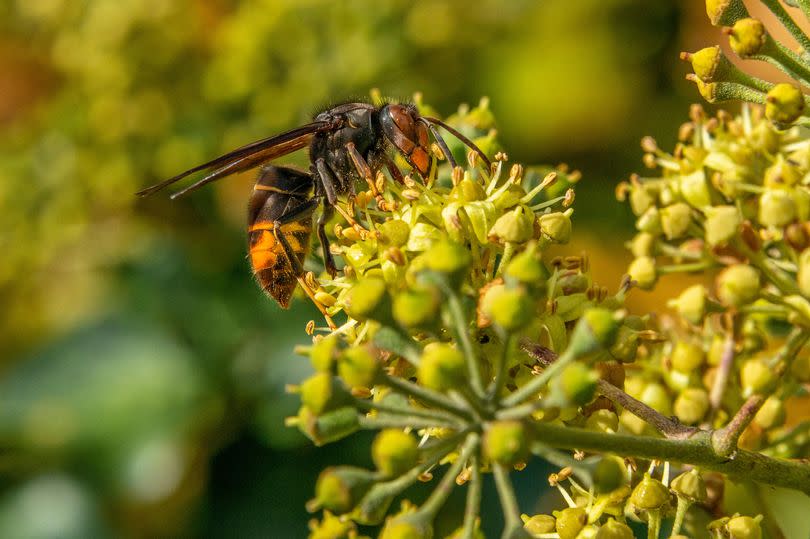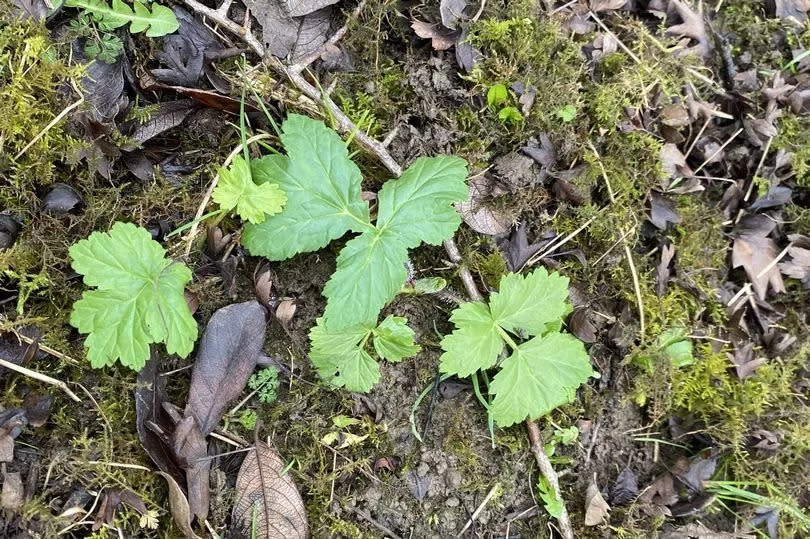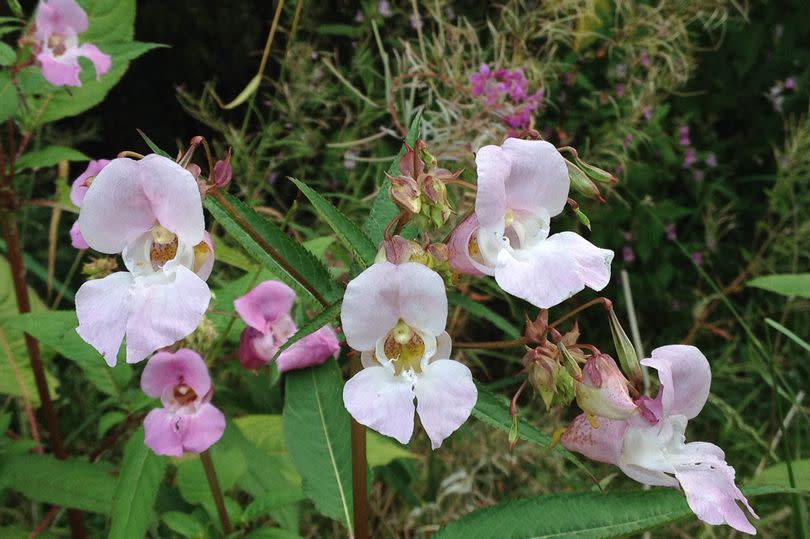Warning over rise in invasive species as public told to report Asian hornets

Calls are being made for individuals to report any sightings of Asian hornets this summer, amid concerns from nature groups regarding an anticipated surge in harmful invasive non-native species. Nicola Spence, the UK's chief plant health officer, has appealed to beekeepers and the public at large to keep an eye out for the hornet, following record sightings around the country last year.
While the Asian hornet doesn't pose a higher risk to human health than its native counterpart, it does threaten honey bees and insect pollinators. The Environment Department (Defra) noted that while the species isn't yet established in the UK, early capture is crucial to prevention efforts.
The Wildlife and Countryside Link (WCL), representing 83 nature organisations, has warned that due to recent flooding and increasing temperatures, there's a heightened risk of already problematic species in the UK proliferating further. These include Japanese Knotweed, causing physical damage, Giant Hogweed which can cause skin burns, and Himalayan Balsam, out-competing local species and exacerbating flood risks.
READ MORE: The most popular baby names in each town in Kent as some areas buck national trends
READ MORE: Where Kent measles cases are highest as county faces 'emergency'
Additionally, the WCL has highlighted that fluctuating conditions have also raised the danger of new species establishing themselves in the UK, such as the Red Imported Fire Ant, Chinese Mitten Crab, and Chinese Mystery Snail - all currently making their journey across Europe. Richard Benwell, WCL chief executive, warned: "Invasive species are already one of the biggest threats to the UK environment, from smothering waterways to outcompeting native species."
"They also cause billions of pounds in damage a year to homes and businesses, and even pose risks to human health."
The River Trust, Plantlife, and Buglife are part of the coalition urging the Government to take decisive action during Invasive Non-native Species Week starting Monday.
"Investment in a fully-funded inspectorate and a strong invasive species strategy could make a contribution to halting nature's decline and creating a more resilient economy," Mr Benwell commented.
Dr Rob Collins, director of Policy and Science at The Rivers Trust, highlighted that this winter's weather conditions have made it challenging for local trusts to control invasive species, with heavy rains thwarting their efforts.
"The Government must properly support local conservation groups nationwide who are working tirelessly to stop our waterways being smothered by nature invaders," he insisted.

The coalition is advocating for the invasive species biosecurity budget to be increased to £3 million annually, along with an additional £3 million to establish a permanent dedicated invasive species Inspectorate.
They are also pushing for sustained Government funding for Local Action Groups (LAGs) to build a biosecurity "citizens army", echoing the recommendations of the Environmental Audit Committee.
Other suggestions include overhauling the process for designating "GB Invasive Species of Special Concern" and actively managing those already widespread and causing significant damage.
Defra has urged the public to report any sightings of the Asian Hornet, identifiable by their dark bodies, a distinct orange stripe on the fourth abdomen section, and yellow-tipped legs, through the Asian Hornet Watch App.

The department highlighted that the National Bee Unit is well-prepared to act swiftly to any new sightings after successfully attending all credible reports last year, resulting in the destruction of 72 nests across 56 locations, with a significant number in Kent.
A Defra spokesperson responded to WCL's recommendations, stating: "Invasive species threaten our native biodiversity and cost the economy billions every year, which is why we support the Invasive Species Inspectorate in carrying out their role to protect the nation's biosecurity."
They further committed to the cause, saying: "Through our Invasive Non-Native Species Strategy, we remain committed to going even further to detect, protect and eradicate the threats they pose, while increasing co-ordination and co-operation with the public, land managers and businesses to deliver this."
Get more news from KentLive straight to your inbox for free HERE.

 Yahoo News
Yahoo News 
